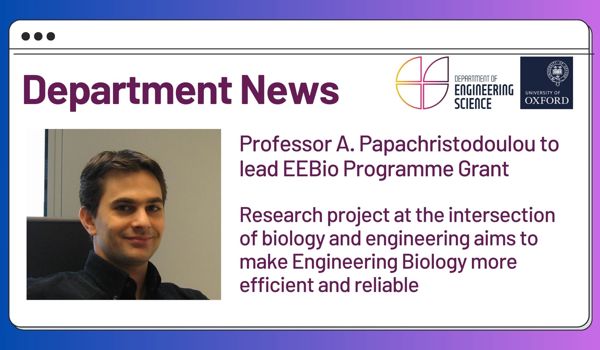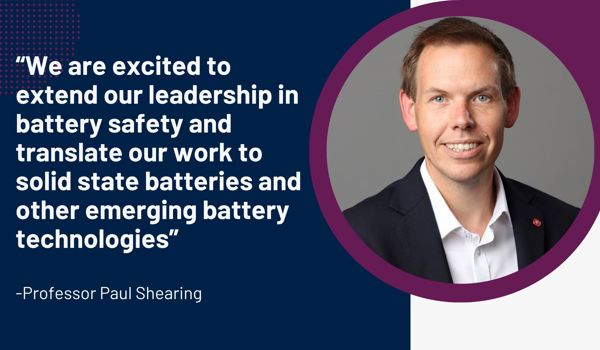28 Sep 2020
Nigerian researcher to spend 8 weeks in Oxford as part of AfOx Fellowship Programme
Dr Tololupe Adeleye, from the Federal University of Agriculture Abeokuta, Nigeria, is one of 21 researchers from 14 countries selected for a Fellowship

Tololupe Adeleye
Dr Tololupe Adeleye, a recipient of the 2020 AfOx Visiting Fellowship Programme from the Federal University of Agriculture Abeokuta, Nigeria, will spend 8 weeks at the Department in 2021, working on improving the efficiency of hydrolysis in Anaerobic Digesters with Professor Ian Thompson.
The Africa Oxford Initiative fosters the establishment of equitable and sustainable collaborations between African Academics and the University of Oxford. The Visiting Fellowship Programme, now in its fourth year, is designed to provide exceptional African researchers with an opportunity to form international networks and focus on a project of their choice. The Fellows work in a range of fields including astrophysics, conservation, economics, law, marine science, mathematics and medical humanities. For 2020, 21 researchers from 14 countries were selected from a competitive pool of more than 200 applicants.
Dr Adeleye will work with Professor Ian Thompson and his research team to rethink the design of the anaerobic digestors, which have changed little in decades and are inefficient.
Professor Thompson’s group focus their research on the development of sustainable methods for generating clean energy from waste, clean-up of contaminated wastewaters/soils and recovery of resources from end-of-pipe production processes. This focuses largely on exploiting microbial processes and assembly of consortia for transforming potential environmental contaminants so they are harmless, or converting them to high value products such as bioplastics and bioenergy. A key area of interest is the rethinking of the design of current Anaerobic Digestors to resemble more closely the processes occurring in a cow’s rumen, which have significantly higher bioconversion rates.
Dr Adeleye has conducted studies on ethanol from substrates such as wood shavings, cassava starch and spoilt fruits. Laboratory scale results of these studies present the potential of the microorganisms and the substrates being used for bioenergy production. However, the success of a bioconversion is largely determined by the efficiency of the reactor system. The ongoing project in the Department of Engineering Science will give Tolulope insight into the construction of an efficient bioreactor.
She says, “My research is aimed at screening and improvement of indigenous fungal isolates for biotechnological applications useful in the commercialization of products and services in the energy generation, health and socio-economic sectors, beginning with Africa’s. Of particular interest to me is the development of improved microbial isolates through less expensive techniques such as protoplast fusion for the hydrolysis and fermentation of a variety of biomass for bioethanol production”.




